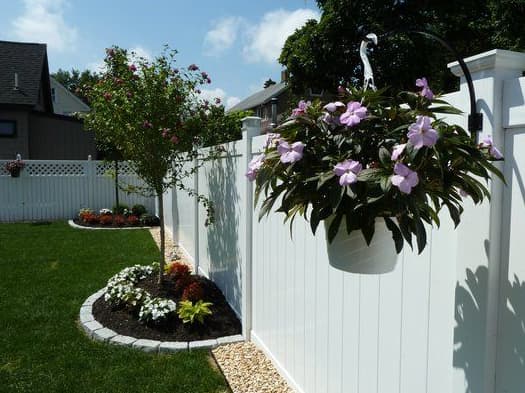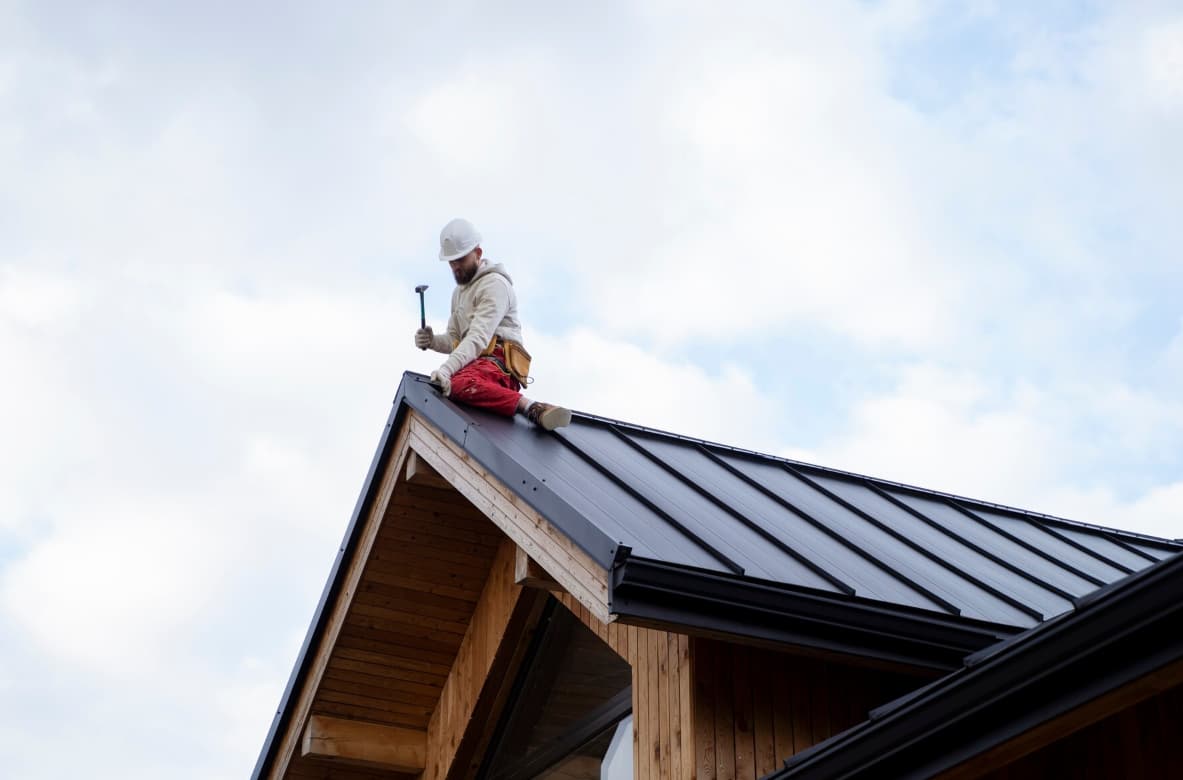Maintaining a robust plumbing system is more than a convenience—it’s critical to ensuring a safe and comfortable home environment. Beyond the immediate benefits of avoiding unexpected repairs, a well-maintained plumbing system is integral to the longevity of your property’s infrastructure. In this detailed guide, we look into the essentials of residential plumbing maintenance, offering homeowners actionable insights to keep their systems in top condition. Regular maintenance check-ups are vital, and aligning with a qualified professional can benefit immensely. With their expertise, homeowners can address specific plumbing needs, from inspections to repairs, ensuring their system remains reliable year-round.
Key Takeaways
- Grasp the importance and critical practices of standard plumbing maintenance.
- Learn the signs of plumbing issues and how to prevent them from escalating.
- Understand the role of professional inspections and when to enlist expert services.
Table of Contents
- Introduction to Plumbing Maintenance
- Understanding Your Home’s Plumbing System
- Regular Plumbing Inspections
- Detecting and Addressing Leaks
- Drain Cleaning and Maintenance
- Water Heater Maintenance
- The Importance of Water Pressure Regulation
- Preparing Plumbing for Seasonal Changes
- When to Upgrade Plumbing Fixtures and Pipes
- Choosing and Working with a Plumbing Professional
- Conclusion: Ensuring a Healthy Plumbing System
Introduction to Plumbing Maintenance
A regular plumbing maintenance schedule is essential to safeguarding your home against the inconvenience and costs of plumbing failures. Homeowners can rely on a Spring Branch plumber to ensure their systems remain reliable and efficient year-round. Whether it’s the annoyance of a dripping faucet or the sudden disruption caused by a burst pipe, such issues can often be mitigated—or even prevented—through periodic attention and early intervention. By recognizing the early signs of wear and promptly addressing them, homeowners can keep their plumbing in excellent condition, averting severe damage and preserving the smooth functioning of their domestic water systems.
Understanding Your Home’s Plumbing System
A homeowner’s knowledge of their plumbing system is invaluable when managing and maintaining their property. Being familiar with essential aspects such as the location of main shut-off valves, the type of piping material utilized in construction, and the blueprint of the water supply and waste lines enables homeowners to manage any issues that may arise efficiently. Educating yourself about the composition and functioning of your home’s plumbing is a fundamental part of responsible home ownership, potentially saving you from costly repair bills and ensuring you maintain a well-functioning system.
Regular Plumbing Inspections
Quality and regularity in plumbing inspections are crucial for maintaining a healthy plumbing system. Professional plumbers bring a detail-oriented perspective to examining your home’s water supply lines, drainage systems, and appliances. However, homeowners can complement professional inspections with their vigilance. Reviewing exposed piping, checking drip fixtures, and monitoring water pressure can help catch problems early. Such proactive measures not only lengthen the lifespan of your plumbing but also promote a safe and sanitary living environment.
Detecting and Addressing Leaks
Undetected leaks can become the bane of any homeowner’s existence, leading to extensive damage and unnecessary water loss. Keeping an eye out for tell-tale signs such as unexpectedly high water bills, the sound of running water when pipes aren’t in use, or the appearance of mildew and mold can help you catch leaks early. Taking prompt action upon discovering a leak can help to mitigate its impact and reduce potential waste. Water conservation is not only beneficial for the environment but can also significantly affect household expenses. Explore the information provided during the EPA’s Fix a Leak Week for additional insight into leak repairs and water conservation implications.
Drain Cleaning and Maintenance
Drain cleaning and maintenance should be a routine part of household chores. Clogged drains can result in water backing up, creating an environment conducive to bacterial growth and unpleasant odors. Be mindful of what you dispose of down the sink to prevent such issues. Regular treatments with boiling water, baking soda, and vinegar can help keep drains running smoothly. Nevertheless, persistent or severe clogs may require professional intervention to ensure your pipes are cleared safely and effectively.
Water Heater Maintenance
The water heater is a core component of the modern home, providing comfort and convenience. It’s also one of the most taxed appliances, demanding consistent oversight to function correctly. Maintenance tasks like periodically checking the anode rod and flushing the tank to remove sediment buildup can significantly extend the water heater’s service life while maintaining efficiency. Ignoring these simple tasks can lead to a decline in heater performance, higher energy consumption, and, ultimately, the early demise of the appliance.
The Importance of Water Pressure Regulation
Appropriate water pressure is not just a matter of comfort; it is crucial for the longevity and safety of your plumbing infrastructure. Excessively high pressure can strain pipes, damage fixtures, and lead to costly leaks and bursts. Conversely, low water pressure suggests blockages or leaks within your system, which can hamper the operational efficiency of your home. Regular monitoring with a water pressure gauge can help you keep tabs on the health of your system and allow for timely adjustments, ensuring a steady and reliable water flow.
Preparing Plumbing for Seasonal Changes
As the seasons shift, your plumbing system faces various challenges. Winter’s freezing temperatures threaten to freeze and burst pipes, while summer heat can dry out and crack seals and gaskets. Staying anticipatory about these seasonal differences and adjusting maintenance practices can forestall these common problems. Taking steps like insulating your pipes and maintaining a consistent indoor temperature in the colder months can help prevent freezing, one of the quickest paths to extensive plumbing damage.
When to Upgrade Plumbing Fixtures and Pipes
Over time, even the highest quality plumbing fixtures and pipes will begin to show signs of wear. Technology advances and newer models offer improved efficiency and functionality, which can lead to significant savings on utility bills and reduce environmental impact. Frequent leaks, visible rust, or a series of minor repairs can all signal that it’s time to consider an update to your system. Investing in modern plumbing components enhances your home’s value and creates a more sustainable living space.
Choosing and Working with a Plumbing Professional
Finding the right plumbing technician is paramount to ensuring your system receives the best care. Partner with a plumber who is technically skilled but also communicative and reliable. Thorough research, seeking recommendations, and asking the right questions are essential in this selection process. For guidance on hiring a dependable plumber, use expert resources like This Old House.
Conclusion: Ensuring a Healthy Plumbing System
A consistently maintained plumbing system ensures a stress-free and functional home environment. Incorporating the guidance provided in this comprehensive manual into your regular home maintenance routine can help prevent unwelcome surprises, safeguard your investment, and contribute to more sustainable living practices. By being vigilant and proactive, homeowners can enjoy the peace of mind that comes with a reliable and healthy plumbing infrastructure.



